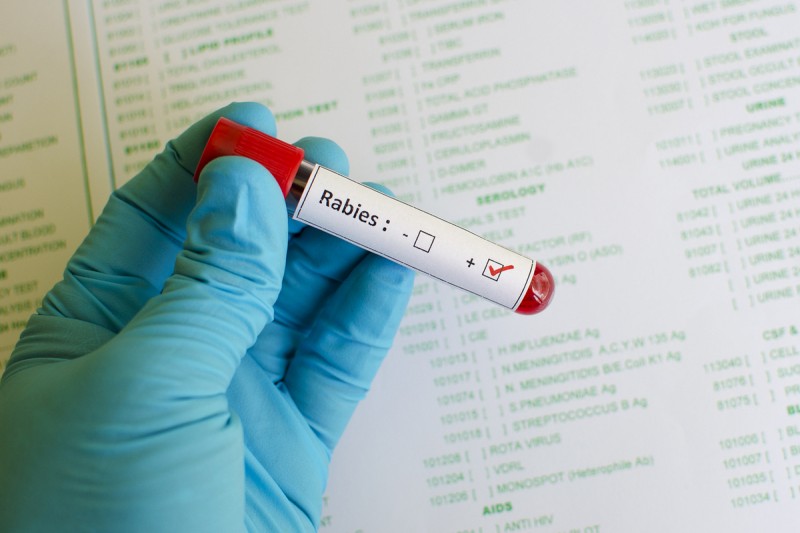

Guidelines for submitting articles to Santa Rosalia Today
Hello, and thank you for choosing Santa Rosalia.Today to publicise your organisation’s info or event.
Santa Rosalia Today is a website set up by Murcia Today specifically for residents of the urbanisation in Southwest Murcia, providing news and information on what’s happening in the local area, which is the largest English-speaking expat area in the Region of Murcia.
When submitting text to be included on Santa Rosalia Today, please abide by the following guidelines so we can upload your article as swiftly as possible:
Send an email to editor@spaintodayonline.com or contact@murciatoday.com
Attach the information in a Word Document or Google Doc
Include all relevant points, including:
Who is the organisation running the event?
Where is it happening?
When?
How much does it cost?
Is it necessary to book beforehand, or can people just show up on the day?
…but try not to exceed 300 words
Also attach a photo to illustrate your article, no more than 100kb

Rabies: dogs in Murcia must be vaccinated against this killer disease
Vaccination is also highly recommended but not obligatory for cats and other pets
In the UK it is now almost a century since the last case of a human being becoming infected with rabies, and the last death from indigenous rabies was even longer ago in 1902, but in Spain the eradication of the disease was far more recent.
As recently as during the decade of the 1950s there were over 5,000 cases of rabies reported in this country, but the disease was officially declared to have been eradicated from Spain in 1978, since when there have been just a few isolated cases. These have occurred mainly in the north African enclaves of Ceuta and Melilla due to dogs straying into Spanish territory from Morocco.
It should be pointed out that the vast majority of the 50,000-plus cases of rabies in humans worldwide every year occur in Asia and Africa, hence the increased risks in these two Autonomous Cities on the African Mediterranean coast.
However, in June 2013 there was a scare in the province of Toledo, where an infected dog bit four children and one adult. The dog had been infected outside Spain and the victims were treated soon enough for any serious effects to be negated, while the disease did not spread to other animals on account of the high rate of vaccination in and around Toledo.
It is cases such as these which highlight the need for regular rabies vaccinations of all dogs – annual in most cases, although in some regions of Spain and in the cases of very old animals who have already been vaccinated numerous times the jabs are administered every two years. In the Region of Murcia annual inoculations are required by law, and the injection can be performed by any registered vet.
For puppies it is recommended that the first dose should be administered at the age of three months.
Any failure to vaccinate a dog against rabies in the Region of Murcia is punishable by a stiff fine, although in the northern Spanish regions of Catalunya, Galicia and the Basque Country the jabs are still not obligatory.
Dogs are the animals which most commonly carry rabies, but cats can also transmit the virus and anti-rabies vaccinations are recommended for these and other pets, including ferrets. However, these jabs are not obligatory for cats owned in the Region of Murcia unless the animal is travelling outside Spain.
Rabies vaccinations are vital for those seeking to acquire a pet passport.

















